
With apologies to Art Vuolo for today’s blog post title, Elon Musk is potentially becoming radio’s newest ally – as unlikely as that may sound. That’s because he and every broadcast radio CEO in the U.S. and the world would love for workers everywhere to return to the office.
America’s WFH situation continues to be more of a head-scratcher with each passing month. In the early days of the pandemic, it was an imperative many do their jobs fom their home offices, spare bedrooms, or garages. In the case of radio, many personalities earned the art of doing shows – even with ensemble casts – from multiple locations. Others came into work, but were pretty much the only people occupying the building.
Before there were vaccines, most workers were legitimately concerned about their personal health, as well as the safety of those around them, especially family members. And if you and/or someone near and dear to you was immuno-compromised in some way, the risk factors became even more precarious.
But now, 27 months past the onset of COVID, the Wall Street Journal reports the situation keeping workers away from their offices isn’t fear of infection, or that sales rep in the next cubicle who always says inappropriate things, or the traffic director with the incessant cough.
It’s the commute.
The Journal’s Konrad Putzier cites a Gallup poll taken last summer where a majority of those who prefer WFH pointed to commute time as the smoking gun. It’s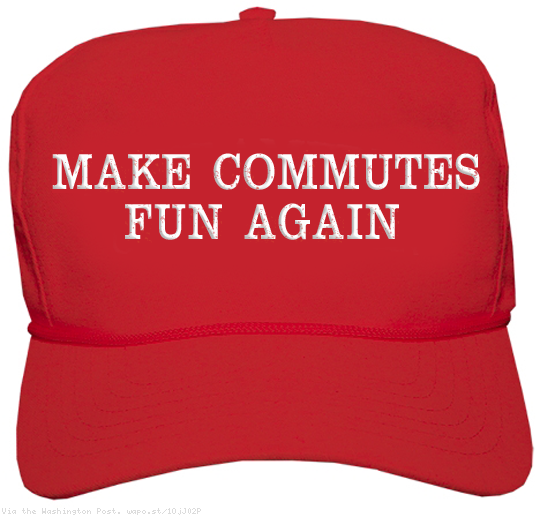 orange barrels, jack-knifed semis, and rude drivers who make the trips to and from work so torturous. And now that gas prices are in the $5 range in most big cities (always higher in L.A., of course), you’d expect the “commuting complex” to present an even greater barrier to RFH – or Return From Home. Many employees have discovered they are every bit as productive working from home, not to mention family time that’s been carved out because of the disappearance of the commute.
orange barrels, jack-knifed semis, and rude drivers who make the trips to and from work so torturous. And now that gas prices are in the $5 range in most big cities (always higher in L.A., of course), you’d expect the “commuting complex” to present an even greater barrier to RFH – or Return From Home. Many employees have discovered they are every bit as productive working from home, not to mention family time that’s been carved out because of the disappearance of the commute.
Obviously, there’s a ripple effect, especially in the nation’s big cities where commute times extend more than a half hour each way. Whether its office occupancy or all those retail businesses that depend on commuters, there are economic implications that seriously impact the economy.
The Journal reports the longer the commute time, the more those downtown skyscrapers and office buildings remain sparsely occupied by worker bees. And according to Kastle, a keycard company, “swipes” in the nation’s biggest metros were down an average of 57% since the coronavirus changes our lives.
Many of those WITP (working in their pajamas) have become accustomed to avoiding the highways and byways every morning and afternoon. And while many point to the importance of office culture, the conventional wisdom among workers is that the long, tiring commute “was tradition more than necessity,” according to Mark Dixon, chief exec at IWG PLC, a hybrid working firm.
Not surprisingly, the commute now plays a role in the interviewing process. Private equity firm, Golden Vision Capital’s chief, Eli Boufis, says “The first thing (prospective employees) ask about is how often do I have to be in the office.”
Not about whether there’s free beer, ping-pong tables, or at-work child care?
Perhaps American bosses can take some consolation in the fact that it’s not just a workforce issue in the U.S. of A. The Journal article confirms that big cities around the world – London is a prime example – are facing the same struggles attracting workers back to their cubicles.
Some experts believe relocating offices closer to neighborhoods and suburban communities could be the remedy. They point to cities like Copenhagen where housing is affordable, the infrastructure is solid, and the locals can reside closer to their jobs. Perhaps, but these kinds of solutions require much planning, great expense, and considerable time.
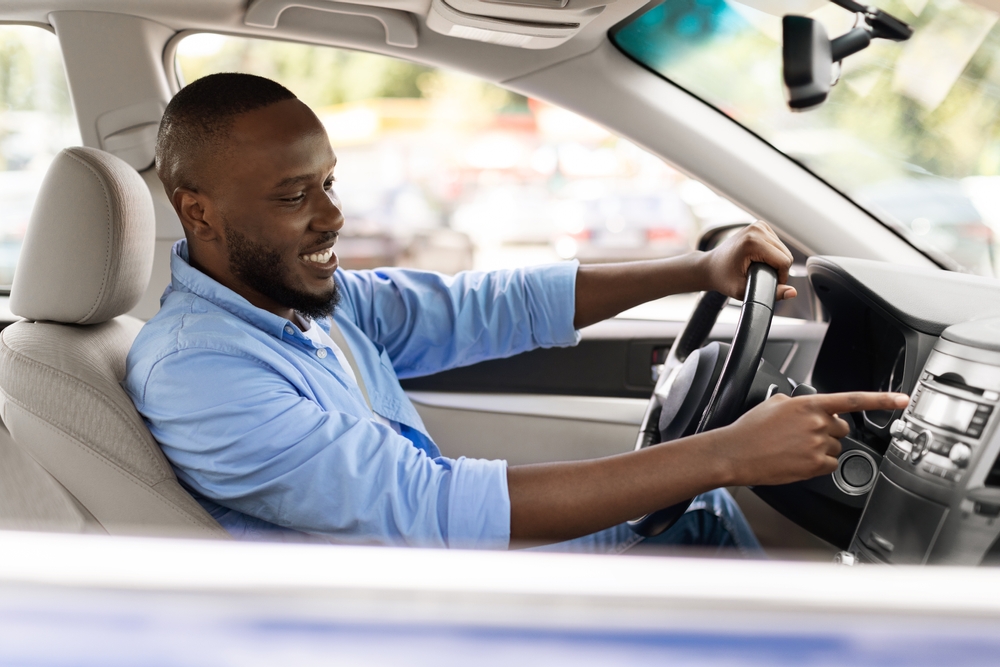 None of this is good news for radio, the one medium most dependent on those two tiresome commutes each day for time-spent listening. Sure, satellite radio and podcasts are also closely tied to in-car listening. But broadcast radio is still the most-listened to medium when people are on four wheels. The longer the commute, the more chances for consumption, even in “connected cars” where infotainment options abound.
None of this is good news for radio, the one medium most dependent on those two tiresome commutes each day for time-spent listening. Sure, satellite radio and podcasts are also closely tied to in-car listening. But broadcast radio is still the most-listened to medium when people are on four wheels. The longer the commute, the more chances for consumption, even in “connected cars” where infotainment options abound.
We saw confirmation of this basic truth in this year’s Techsurvey 2022 in a question series originally written by Signal Hill Insights maven, Jeff Vidler. He posed the same queries in his native Canada in a study called “Radio On The Move,” done in concert with Radio Connects (similar to the RAB). This year, we added these same questions to our survey.
The series helped us better understand the “need states” and “activity matching” common to four platforms: streaming audio services, podcasts, personal music, and of course, AM/FM radio.
It was when we zeroed in on those accompanying activities that go best with each medium, we started seeing fascinating connections. Below is a hierarchy of the things people do most when listening to AM/FM radio:
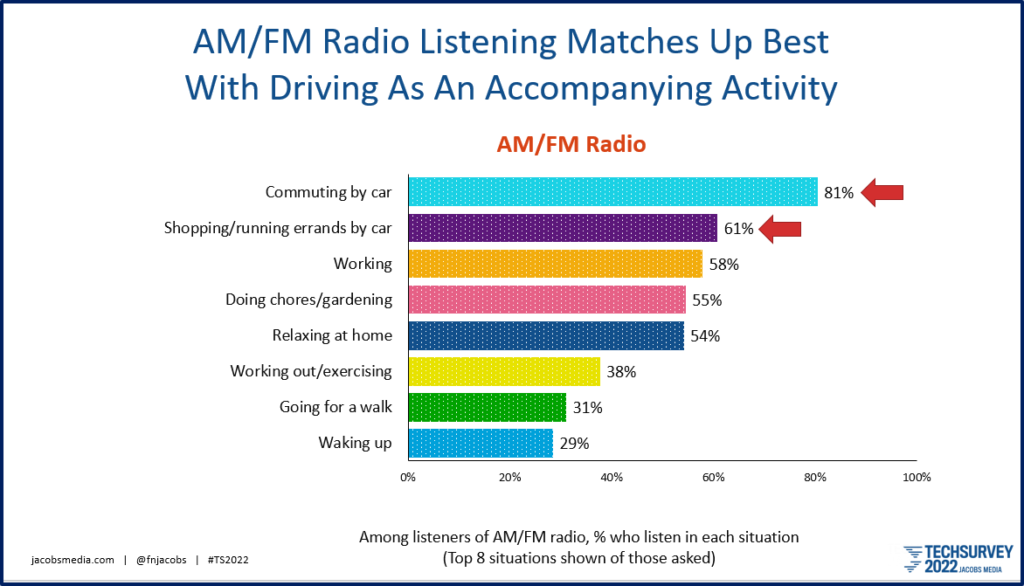
You need not be a research guru to understand the implications of this graph. The top two activities most associated with broadcast radio listening are heavily car-related. They both underscore what I often call the peanut butter and jelly relationship between driving and turning on the car radio. None of the other media has these two auto-centric activities in their top five rankings. Additionally, broadcast radio’s levels for both commuting and shopping/running errands by car top the other three media platforms. And broadcast radio’s 81% connection for “commuting by car” is more than 30 percentage points higher than the other platforms.
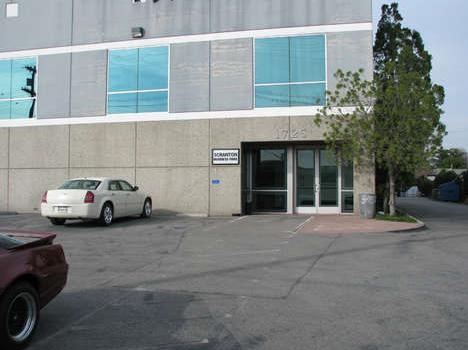
So, when workers decide they’re simply not going to participate in the daily trek to work, or they’ll only do it on occasion, there’s no question broadcast radio stations and how they perform in the ratings are the biggest losers. (OK, and we should include talent bonuses here, too.) We certainly saw cratering ratings at the beginning of the pandemic. And folks who delay their return to the office continue to have a damping effect on ad-supported radio stations, especially in some of the nation’s biggest markets where commutes are excessively long..
If radio could wave the magic dipstick, workers would return to their cubicles and offices in hordes. But alas, employers are stuck with making the most persuasive argument to employees, and then hoping for the best. All radio broadcasters can do is pray they come up with an effective solution.
Of course, that’s assuming the boss is still trying to corral the workforce back to the office. Strangely enough, it seems like ad agencies might be the type of business most impacted by WFH – and least likely to exert a whole lot of effort to reduce the trend. Their workers have stayed home in droves, creating much consternation and hand-wringing.
But more than two years into COVID, and there are signs the ad world may be adopting a new mindset. In fact, a story in Marketing Brew by Alyssa Meyers suggests marketing firms and agencies are especially like to have thrown in the towel in favor of VR goggles.
Seriously.
Meyers lists several ad agencies attempting to generate some degree of lost camaraderie with meetings and creative sessions that take place in….wait for it…the metaverse.
Mediahub is one such company, offering “a very flexible stance” on allowing staffers to work from home. And in the process, they are teaching them about the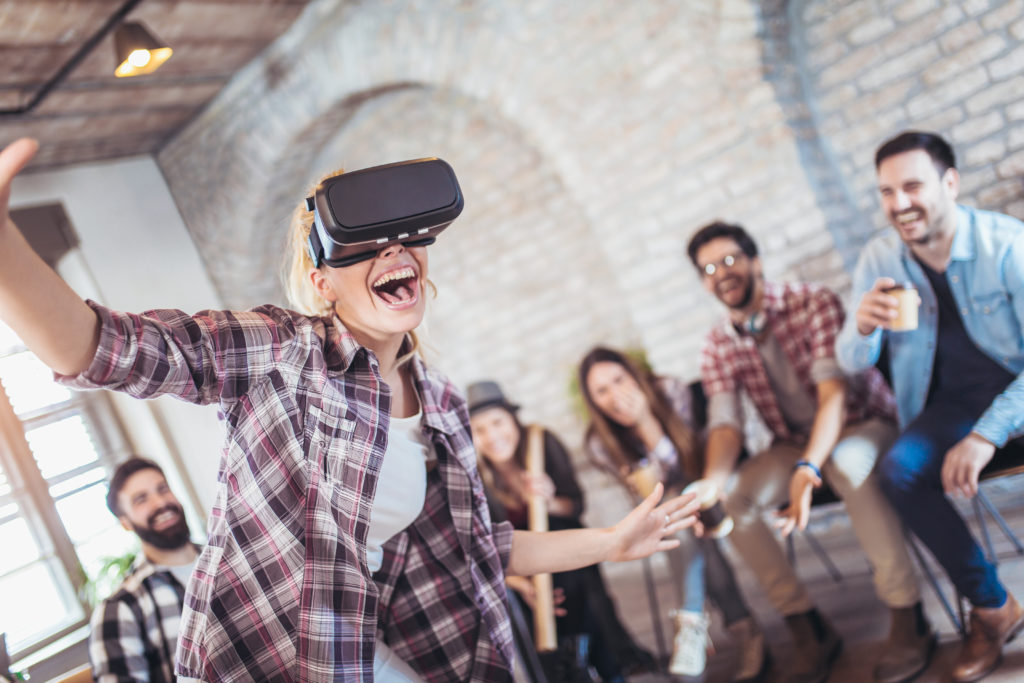 benefits and inner-workings of VR that can apparently foster a sort of artificial affinity.
benefits and inner-workings of VR that can apparently foster a sort of artificial affinity.
Some agencies view the metaverse as a playground suitable for educating their clients. That’s apparently Mediahub’s playbook. By learning how to function and create in the virtual world, they can teach these sksills to others.
Meanwhile B2B marketers, the Starr Conspiracy, learned that while its staff despise the commute, some are “feeling disconnected from colleagues and feelings of isolation,” according to Bret Starr, the agency’s founder and CEO.
Ultimately, he purchased Oculus headsets for each of his 80-something employees, a place where they do “anything from meetings to trivia nights to baby showers” – all in the metaverse.
The Wistia agency’s CEO, Chris Savage, says it’s all about letting your “people experiment with how they spend time together and how they connect.”
Somewhere out there Elon Musk is reading about these efforts to finesse employees to re-engage, and he’s laughing…loudly.
He recently sent ripples through America’s workforce with his ultimatum. In an email to his vast Tesla team, Musk wrote that “to be super clear,” employees must spend a minimum of 40 hours in the office a week. And it ended with this quaint thought:
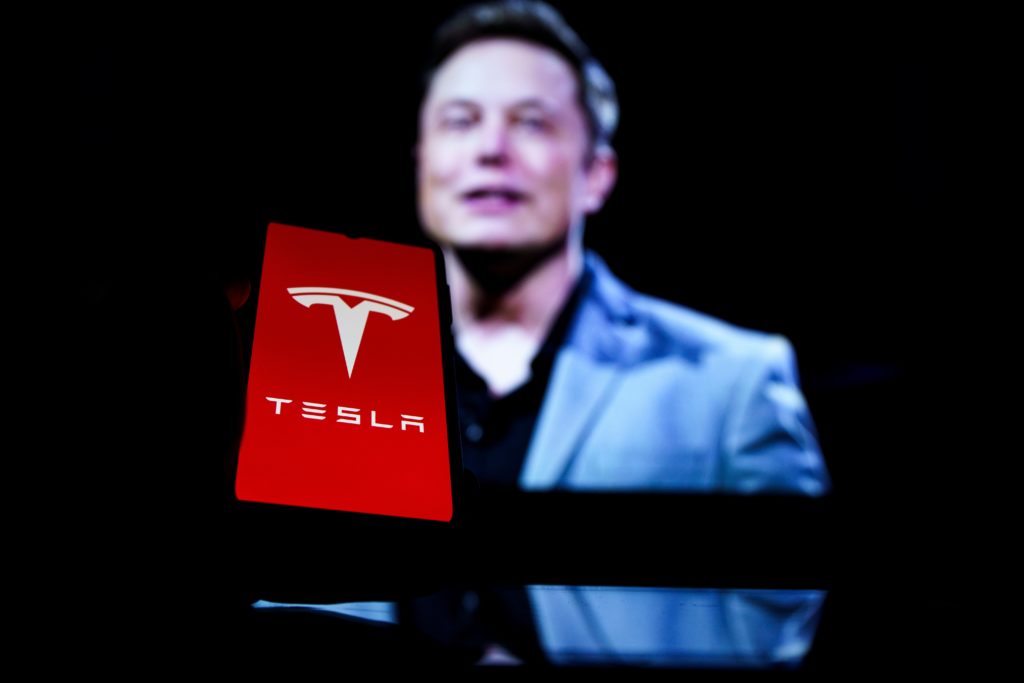 “If you don’t show up, we will assume you resigned.”
“If you don’t show up, we will assume you resigned.”
That is, indeed, “super clear.”
Billionaires tend to get their way, but as Forbes reports, this strategy could backfire on the erstwhile maverick business titan. In a story titled, “Why Critics Say Elon Musk’s Return-To-Office Ultimatum Is Dangerous,” Bryan Robinson quotes numerous corporate execs who insist Musk’s mandate will only drive his employees to look for a new job.
Noting the technique is heavy-handed, Josh Feast, CEO of Cognito Corporation, insists a kinder gentler approach is necessary “to ensure everyone feels fully supported—emotionally.”
One can only imagine how Musk would react to this kid glove approach to management.
It is difficult to imagine the end game – how it will all play out. Will the workforce get its way, avoiding the commute (and radio!), or will corporate bullying win out in the end?
As much as they may despise him, you have to believe many CEOs will be watching reactions to Musk’s rants results with great interest. Will those employees return to work and what will happen to Tesla’s stock price.
Radio’s C-suites will be watching, too.
- Media And Technology In 2025: Believe It Or Not! - April 18, 2025
- In Radio, You Just Never Know - April 17, 2025
- The Secret To Making A Great Podcast (And Great Radio) - April 16, 2025




Advancing the skills of Remote Radio has been an excellent exercise. It doesn’t cost to produce a great, listenable sound. The interaction of people and local service at the work place remains a necessity. The best of all -past & present – combines with new & future technology for more channels, more connection and more selection will allow the New roaring ’20s to propel
Radio Success.
Much appreciated, Clark.
While I understand the implications for radio if people don’t go back to the office, isn’t it time we quit hoping for the same things to give us numbers in a world that is changing every day? And not in little ways. Another article will be on how the radio dashboard is nearly a thing of the past.
Musk can say come in or you’re fired, and a good number of them will find a new job. It’s happening everywhere, every day. Instead of crossing our fingers and hoping the CEO’s (Who probably run a music service in the offices) will save radio. Why are we dwelling here? How about we do something like find a better way to connect. Find a NEW way to connect.
These desperate attempts to hold on to what was, is a problem that will end when a certain generation or 2 aren’t in charge. This isn’t a slam, it’s an undeniable statement. Younger generations are much more flexible all the way around.
One thing the pandemic showed people is that spending a majority of your life away from family and friends, really isn’t any kind of life at all. The workforce is proving every single day they are no longer willing to be pushed around for 40+ hours a week and they’re not willing to commute. Those that don’t see that are in denial, and are screaming nobody wants to work. Those of us that do see it, are constantly trying to innovate and adapt to a world that is vastly different than it was 2 years ago, to retain good people. Radio will be FINE, as long as we adapt. Especially when the commute isn’t the focus to staying in business. There are still numbers over 50% all over that chart and maybe it’s time we serve THEM instead of the commute.
Tammie, my response is similar to what I wrote for John Covell. The return of the commute solves very little if radio stations aren’t providing essential and relevant content. As for your comments about the changing nature of the workforce, you make some great points about the future of work – and the future of radio. Thanks for commenting.
Some years ago, when radio was pretty much the only audio choice available for people who wanted entertainment while they were busy driving or working, an important question never occurred: Do you (the listener) want to (1) direct your experience yourself or (2) hand the reins to a trustworthy professional? How radio fares in the 21st century depends on that question, which is now unavoidable, because the listeners are answering it every day whether or not they realize they are. And they can do it behind the wheel or behind their desk.
Increasingly, simply because they can, listeners are choosing #1–podcasts if they want verbal/intellectual stimulation, mobile music library (eg, iPod/phone) or genre-specific music stream if they want to hear music.
Radio’s future is in persuading listeners to choose #2–news/sport/talk program if they want the verbal engagement, or a genre format station if they want music. Whatever the program format, the key concept is the professional behind the mic, someone you can relate to (ideally a local talent) and trust to steer the verbal or musical conversation in a way that satisfactorily entertains you while you drive or work or relax.
The commute/drive increasingly seems a red herring, Fred. It’s possible to drive well and safely while listening to nearly anything, and the radio manager has to hope what his station offers is more attractive than what the commuter can easily program for himself. The holy grail has become the listener’s ears when he’s behind his desk (home or downtown, doesn’t matter) and must put his attention mainly on what’s earning his daily crust. Radio will thrive when this listener would rather tune to your spot on the dial (and leave it there all day!) than choose among and change CDs or streams throughout the day. Managers, are your talent up to the challenge?
John, you make strong points here. The commute itself is secondary (tertiary?) to having content that drivers care about and have a desire to hear. As dashboards allow for more content from multiple platforms, it will be even more essential for radio to meet the moment and provide what drivers desire. The days of having a birthright to the dash are over. But all that said, even mediocre radio stations will be helped – initially – by more people stuck in traffic.